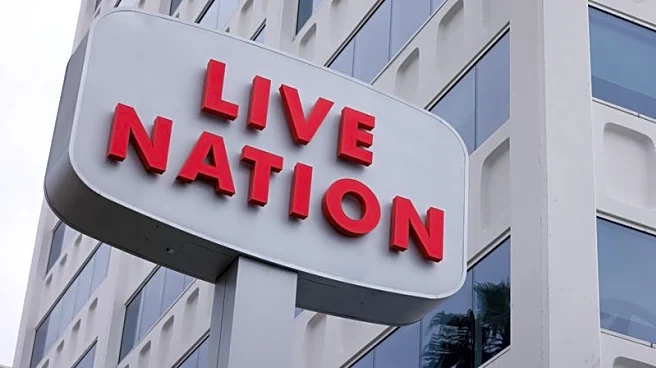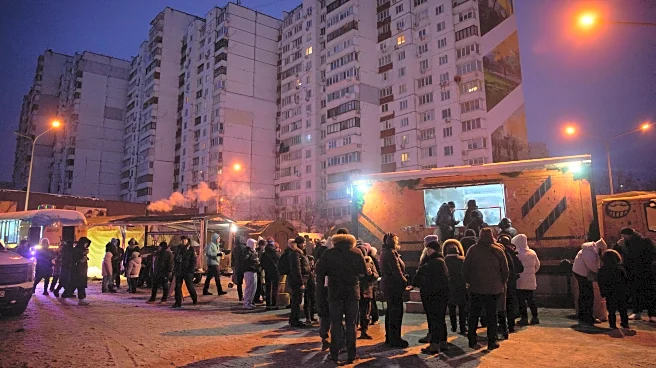Rapid Read • 9 min read
Five Al Jazeera journalists were killed in an Israeli airstrike near Al-Shifa Hospital in Gaza City. Among the deceased was Anas al-Sharif, a prominent Arabic correspondent and frontline news reporter, who had previously received Amnesty International’s Human Rights Defender Award. The other journalists killed were Mohammed Qreiqeh, Ibrahim Zaher, Mohammed Noufal, and Moamen Aliwa. Al Jazeera condemned the attack as a targeted assassination and a blatant attack on press freedom. The network called on the international community to take decisive measures to halt what it described as an ongoing genocide and the deliberate targeting of journalists. The Committee to Protect Journalists had previously expressed concern for al-Sharif's safety, citing a smear campaign by the Israeli military. The Israeli military claimed al-Sharif was involved with Hamas and responsible for rocket attacks against Israeli civilians and troops.
AD
The killing of journalists in conflict zones raises significant concerns about press freedom and the safety of media personnel. This incident highlights the dangers faced by journalists reporting in Gaza, where access for international media is restricted. The targeting of journalists can have a chilling effect on the coverage of conflicts, potentially leading to less transparency and accountability. The international community's response to such incidents can influence diplomatic relations and impact efforts to protect journalists globally. The accusations against al-Sharif and the subsequent airstrike underscore the complex and volatile nature of the Israeli-Palestinian conflict, with implications for regional stability and international human rights advocacy.
The international community may respond to Al Jazeera's call for action, potentially leading to diplomatic discussions or interventions aimed at protecting journalists in conflict zones. Human rights organizations and media advocacy groups are likely to increase pressure on governments to ensure the safety of journalists and uphold press freedom. The incident may also prompt further scrutiny of Israel's military actions in Gaza and its policies regarding media access and freedom. Continued tensions in the region could lead to more restrictive measures on journalists, affecting the flow of information and public awareness of the situation in Gaza.
The targeted killing of journalists raises ethical questions about the role of media in conflict zones and the responsibilities of governments to protect press freedom. It also highlights the challenges faced by journalists in reporting on sensitive and dangerous situations, where their work can be perceived as a threat by conflicting parties. The incident may contribute to a broader discussion on the protection of journalists under international law and the need for stronger mechanisms to ensure their safety. Additionally, it underscores the importance of independent journalism in providing critical insights into conflicts and holding parties accountable for their actions.
AD
More Stories You Might Enjoy












